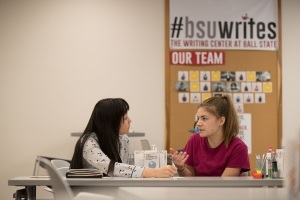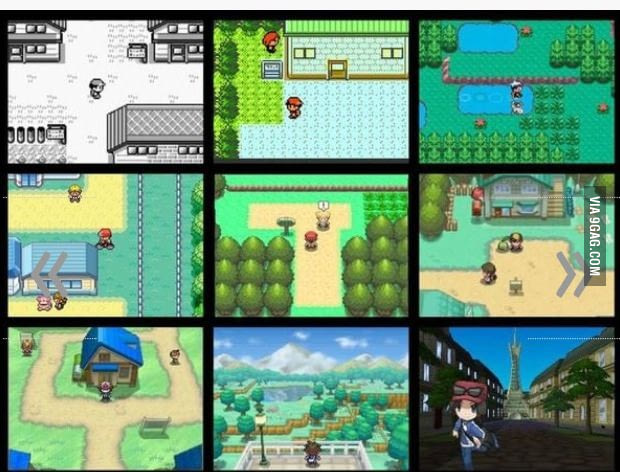One behavioral change that I’ve been trying to work on in my therapy sessions is being braver in reading my feedback (and also in reading my emails). Reading feedback is a very anxiety-inducing process for me (that I don’t necessarily want to get into the complexities of here), something that I have to psych myself up for (either by having other people read my feedback before me or for me, or by reading the feedback other people received, if it’s available, before I read my own).

I don’t know when I started having trouble reading feedback; one of the first experiences I can remember with receiving negative feedback was in the aforementioned class (from a previous blog post) where I received my first B+ — my professor wrote SHOW DON’T TELL in the margins. This has haunted me, as well as other negative marginalia, which skewed my perception of the grade I was going to receive before I actually got to my final grade at the end of the paper copy.
Response and grading can often go hand in hand, in this sense, but I’ve found myself, in trying to decide upon my philosophy of responding, caring more and more about formative feedback. The Writing Center has definitely been part of these changing views, as I’ve seen firsthand what feedback throughout the process of writing can do to improve writing. The Writing Center is a prime example of facilitative formative feedback, as well (and I like summarizing in client reports and think I might do that with my feedback in class, providing the summary before marginalia in case students have similar anxieties to my own anxiety).
In responding to student work, oftentimes, students either want or reject directive feedback. Directive feedback has always made me, as a student, feel as if what I wrote will only ever be seen by the teacher. Directive feedback, I’ve noticed when working with students working through their own professors’ feedback, is typically something that only causes small changes. The addition of the source title in addition to the author name. The rewording of a sentence.

Facilitative feedback, on the other hand, requires students to think more critically about their own writing because the teacher is acting more as a facilitator. Facilitative feedback was stressed in the response portion of Ball State’s undergraduate class in teaching writing in secondary schools, and so Elbow and Straub were names I knew before this class, funnily enough.
Straub’s principles of response are principles that I find myself agreeing with when considering my philosophy of response, particularly the following:
- They should be focused on global, not local concerns.
- They should be carefully thought out and purposeful, with an eye to the needs and potential of the particular piece of writing.
- They should be adapted to the student writer behind the text.
The focus on global instead of local concerns, I believe, changes the feedback from directive to facilitative, at least in most senses. When making margin comments in my mentor’s 103 class, while I had to make some comments about avoiding “I” in this particular formal academic paper (in line with some of my mentor’s feedback), I tried to be more facilitative by asking things such as “What do you mean here? How does this connect to your larger argument?” By asking questions, I was attempting to:
- draw attention to larger structural issues and
- have students consider what they would need to revise in their paper if they chose to revise.
With revision in mind, there’s also always potential in what students have written, and this is important to remember when responding to student feedback. Students will always need some kind of help, whether that’s in meeting assignment descriptions, or in improving their writing. If we as teachers are trying to help students become stronger writers, we need to figure out how to help them become stronger in specific pieces and in their writing assignments.

Additionally, tailoring feedback to specific student writers can be a difficult principle to put into practice, but it is one of the most important. If we know a student has expressed concerns over organization, we need to make sure that we’re actually providing feedback on this. One of my repeat clients in the Writing Center has been repeatedly frustrated by the feedback given to her throughout the writing process — the feedback she’s receiving on her final drafts is feedback that would have been beneficial for her in the drafting process itself. This hits on the difficulty of providing specific tailored feedback to each student, especially because not every student will read this feedback, but if one student does and implements what they learned from feedback, isn’t that enough?
Isn’t it worth it to respond in facilitative ways that will help our students grow, even if it’s time consuming?

